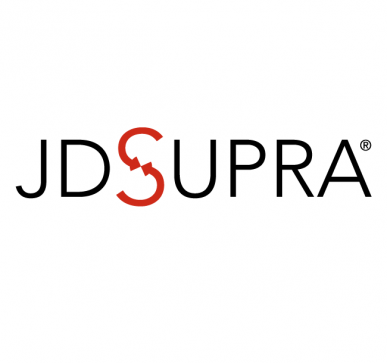Employees may be able to deduct their work related expenses as an itemized deduction. These expenses must be unreimbursed expenses that are ordinary and necessary to their work as an employee. According to IRS, an ordinary expense is one that is common and accepted in the industry. A necessary expense is appropriate and helpful to a business.
If the employer reimbursed the employee, or gave him/her an advance or allowance for the employee business expenses that’s treated as paid under an accountable plan, the payment shouldn’t appear as income on the employee’s Form W-2 . Employees can’t include the payment in their income and may not deduct any of the reimbursed amounts.
In order to be an accountable plan, the employee must meet all three of the following rules:
1. Paid or incurred expenses that are deductible while performing services as an employee,
2. Adequately account to the employer for these expenses within a reasonable time period, and
3. Return any excess reimbursement or allowance within a reasonable time period.
If the employer’s reimbursement doesn’t meet the criteria of an accountable plan, it is considered a non-accountable plan. In a non-accountable plan, the payments that the employee receives should be included in the employee’s Form W-2 and reported as income. Moreover, Form 2106 or Form 2016-EZ must be completed in order to deduct related reimbursed employee expenses. Some potentially deductible costs include:
• Required work clothes or uniforms not appropriate for everyday use.
• Supplies and tools for use on the job.
• Business use of a car.
• Business meals and entertainment.
• Business travel away from home.
• Business use of a home.
• Work-related education.
IRS urges Taxpayers to keep good records for proof of income and expenses and also as a reminder not to overlook anything. If the employee keeps timely and accurate records, he/she will have support to show the IRS if his/hers tax return is ever examined. The employee will also have proof of expenses that the employer may require if the employee is reimbursed under an accountable plan.
Adequate records include an account book, diary, log, statement of expense, trip sheets, or similar record. Employees should also keep documentary evidence that, together with their records will support each element of an expense. Documentary evidence consists of receipts, canceled checks, or bills, to support the expenses. A written statement of the business purpose of the expense should also be recorded and filed.
Don’t be a victim of your own making. Itemized deduction are subject to a 2% of adjusted gross income limit and need to be reported on Form 2106 or Form 2106-EZ or Form 1040, Schedule A. If you are uncertain about deducting employee business expenses, consult your tax specialist now.
http://www.jdsupra.com/legalnews/employee-business-expenses-must-be-82848





